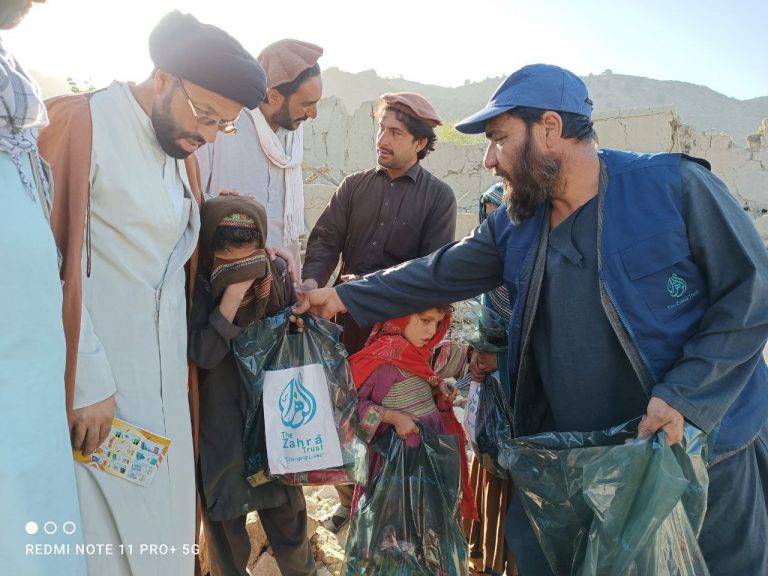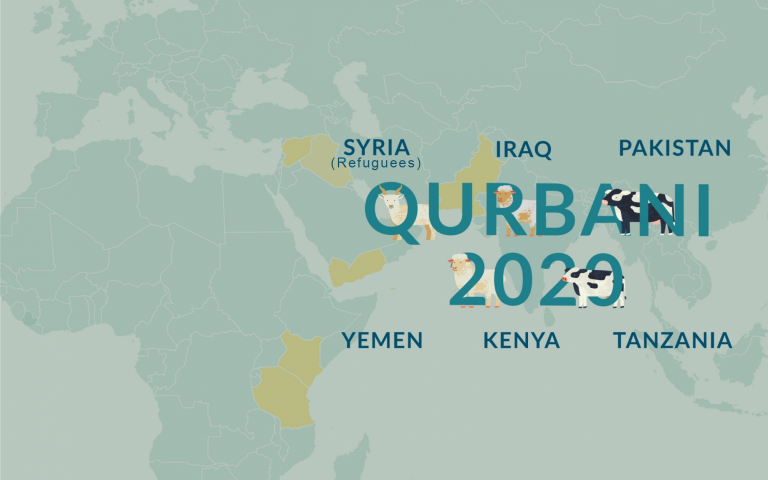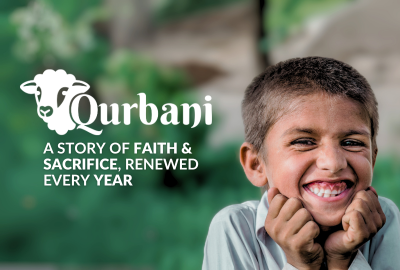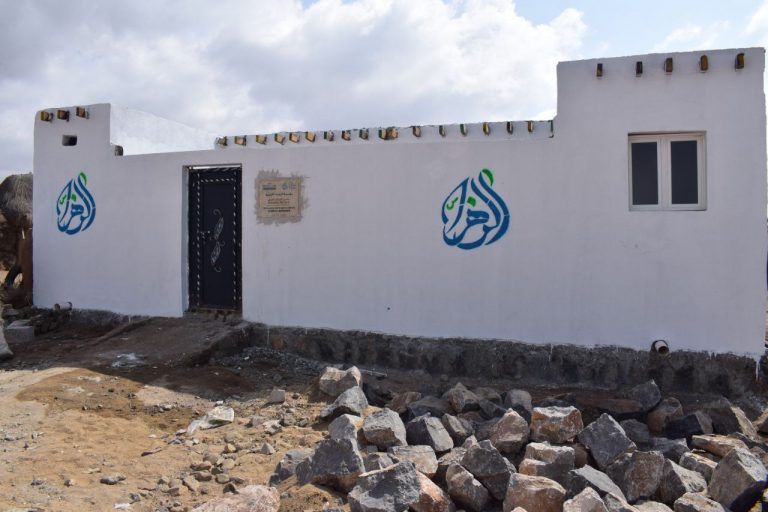5 Rights from Risalatul Huqooq
Imam Ali ibn Hussain (as), the fourth Shia Imam, lived through a time of great pain and political turmoil.
Yet amid the tragedy of Karbala and its aftermath, he left behind one of the most remarkable legacies in Islamic ethical thought: Risalatul Huqooq, which translates to “The Treatise of Rights.”
In this detailed work, the Imam (as) details a comprehensive system of rights and responsibilities that every individual holds — not only concerning Allah (swt), but also to their own body, family, community, and even adversaries.
It is a timeless guide to building a just, compassionate, and God-conscious society.
Compilation of Risalatul Huqooq
- The rights of Allah (swt) against oneself
- The rights of acts (such as prayer, fasting, and charity)
- The rights of leaders
- The rights of subjects
- The rights of womb relatives
- The rights of others (including neighbours, teachers, companions, and even adversaries)
Together, these form a complete framework for ethical and spiritual living, one that calls us to uphold justice, compassion, and responsibility in all our relationships.
This mirrors the timeless guidance from the Quran.
In Surah An-Nahl, Allah (swt) says, “Verily Allah (swt) commands justice (in recompensing), kindness (to others), and giving (help) to the relatives; and He (swt) forbids indecency, evil (deeds), and violation (of others’ rights) — He (swt) is admonishing you, so that you may remember (these important socio-ethical pillars of human society).” (16:90)
Right #1: The Greatest Right of Allah (swt)
The first right Imam Zain Al-Abideen mentions is the right of Allah (swt).
The Imam (as) says, “The greatest right of Allah (swt) against you is that you worship Him without associating anything with Him. When you do that with sincerity (ikhlas), He has made it binding upon Himself to give you sufficiency in the affair of this world and the next.”
This is the foundation of all other rights. Recognizing Allah (swt) as the sole object of worship calls us to a life of sincerity, purpose, and reliance on Him (swt) alone.
When worship is rooted in ikhlaṣ (pure intention), it becomes the key to inner peace and divine support.
The promise that Allah (swt) will suffice you in this world and the next reflects His (swt) mercy and generosity toward His (swt) sincere servants.
Imam Ali (as) is reported to have said, “Allah, glory be to Him, has made it His right upon people to obey Him, and has made its requital for them an increase in their reward (for acts of obedience) out of His Grace.” (Nahjul Balagha, Sermon 216)
Right #13: The Right of Charity
The thirteenth right that Risalatul Huqooq mentions is the right of charity (sadaqa).
Imam Sajjad (as) says, “The right of charity (sadaqa) is that you know it is a storing away with your Lord and a deposit for which you will have no need for witnesses. If you deposit it in secret, you will be more confident of it than if you deposit it in public. You should know that it repels afflictions and illnesses from you in this world and it will repel the Fire from you in the next world.”
Charity is not just a social duty; it is a sacred trust placed directly with Allah (swt).
This right reminds us that sadaqa is not lost; it is safeguarded with Allah (swt), even if no one else sees it. Giving in secret strengthens our sincerity and reliance on divine reward.
A narration from Imam Ja’far Al-Sadiq (as) says, “By Allah (swt), charity given secretly is better than charity given openly, just as, by Allah (swt), worship performed secretly is better than worship performed openly.” (Al-Kafi, V. 4)
Beyond the spiritual benefits, charity serves as a shield, protecting us from trials in this life and punishment in the next.
Imam Ali (as) is reported to have said, “Charity is an effective cure.” (Nahjul Balagha, Saying 7)
Right #28: The Right of One Who Does a Kindly Act
The twenty-eighth right that is mentioned in the Treatise of Rights is the right of someone who does a kind act to you.
The fourth Imam (as) says, “The right of him who does a kindly act (dhu l-ma’ruf) toward you is that you thank him and mention his kindness; you reward him with beautiful words and you supplicate for him sincerely in that which is between you and God. If you do that, you have thanked him secretly and openly. Then, if you are able to repay him one day, you repay him.”
Islam fosters a culture of gratitude, where good deeds are never overlooked.
This right teaches us to honor those who show us kindness by offering genuine thanks, speaking well of them, and praying for them in private.
Imam Zain Al-Abideen (as) is reported to have said, “The most thankful among you to Allah (as) is he who is most thankful towards people.” (Al-Kafi, V.2)
When the opportunity arises, we are encouraged to repay their kindness. Allah (swt) reminds us in Surah Ar-Rahman, “Is the reward of goodness anything but goodness?” (55:60)
Upholding this right strengthens bonds between hearts and spreads a spirit of mutual care.
#46: The Right of the One Who Asks
The forty-sixth right is the right of one who asks. Imam Sajjad (as) says, “The right of him who asks (sa’il) from you is that you give to him in the measure of his need.”
This right emphasizes compassion and attentiveness to those who reach out in need. Giving is not about abundance, but about recognizing someone’s hardship and responding with dignity and care.
In Surah Ad-Duha, Allah (swt) calls us to this moral trait by saying, “As for one who asks (for spiritual or material help), do not rudely rebuke (him).” (93:10)
In addition, Imam Hussain (as) is reported to have said, “The needy one loses his self-respect by asking you, so do not lose your self-respect by denying him.” (Kashf al-Ghamma, V. 2)
Whether we give a little or a lot, what matters is that we respond with kindness and humanity.
#47: The Right of the One Who is Asked
The forty-seventh right mentioned by Imam Sajjad (as) is the right of the one who is asked.
This right teaches us humility and grace in both receiving and being denied.
If someone gives or helps, we must thank them sincerely and acknowledge their generosity. If they are unable to give or help, we are called to honour their excuse without judgement.
Imam Ali (as) is reported to have said, “Accept your fellow brother’s excuse, and if he has no excuse then find an excuse for him.” (Bihar al-Anwar, V. 74)
This spirit of compassion preserves dignity and strengthens bonds within the community.
Conclusion
On the occasion of the shahadat of Imam Zain Al-Abideen (as), we reflect not only on his unmatched patience and worship but also on the legacy of guidance he left behind.
Risalatul Huqooq is more than a historical text. It is a living roadmap for those seeking to uphold justice, humility, and compassion in every relationship.
Let us honor the Imam’s (as) legacy by not only reflecting on his teachings, but acting upon them.
FAQs
Risalatul Huqooq, meaning “The Treatise of Rights,” is a profound text by Imam Ali ibn Hussain (as) that outlines a wide range of moral, spiritual, and social responsibilities.
It was authored by Imam Ali ibn Hussain Zain Al-Abideen (as), the fourth Imam from the Ahlulbayt (as).
The treatise outlines 51 rights, covering responsibilities toward Allah (swt), oneself, family, society, and others.
It provides a comprehensive framework for ethical conduct, blending worship, self-discipline, and social justice in a single guide for righteous living.
Yes, its timeless principles, such as justice, gratitude, and compassion, offer valuable guidance for individuals and communities in any time.
It can be found on Al-Islam.org.










